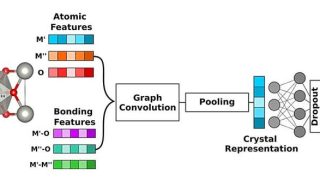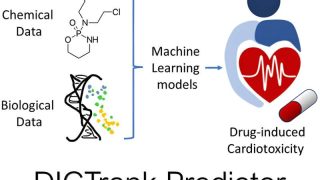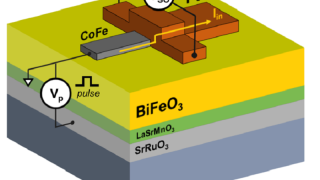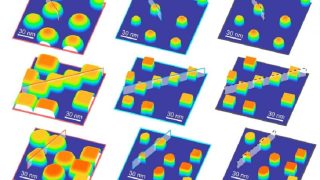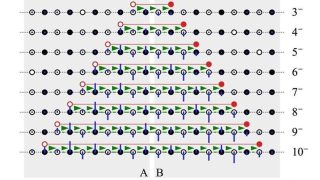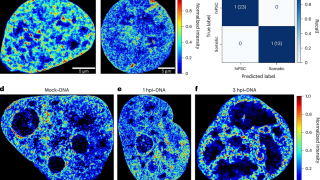
AINU, a powerful AI tool for studying cell heterogeneity
Chromatin is a complex of DNA and histone, a protein, in the nucleus of a cell. One of the main functions of chromatin is to help DNA packing. Cellular phenotypic heterogeneity is a key determinant of many biological functions; yet, it is still not clear whether it stems from the modifications of the chromatin structure […]
